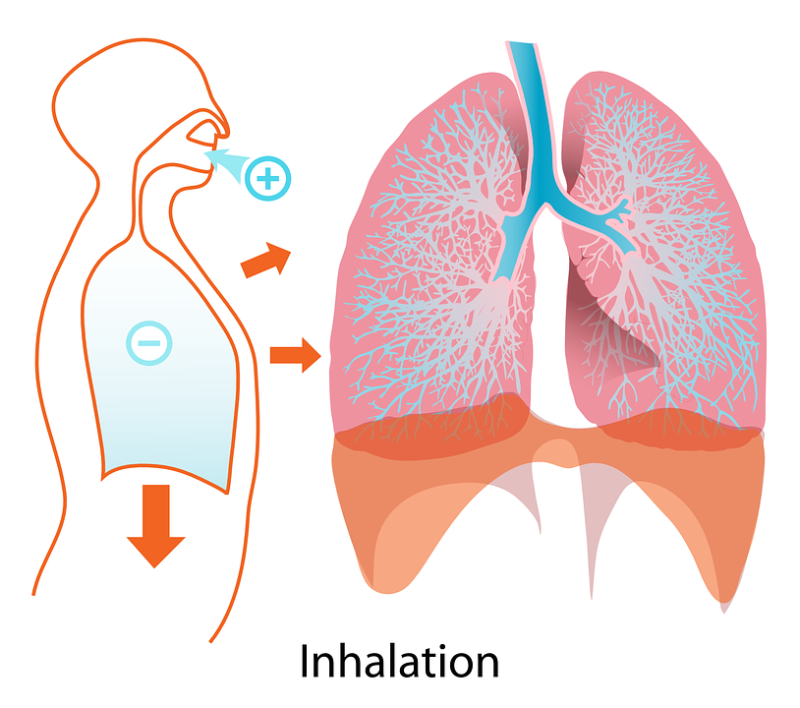Are you wondering if what is presumed consent organ donation? Donating organs with the expectation that the recipient would consent to the donation is a complicated process. You’ve probably heard the terms “implied permission” and “opt-out” about organ donation.
Without taking the required legal procedures to “opt-out,” those over 18 are presumed to be voluntary organ donors after death. It was only recently that the United Kingdom adopted such measures into law.
There is also an opt-in primary consent system that governs the United States. Americans’ presumed consent mechanism relies on the first-person, opt-in authorization. My friends, learn more about this topic by reading further!
Facts About Presumed Consent Organ Donation
An assumed consent mechanism may seem to be the ideal solution to the growing need for tissues and organs for transplantation. However, consider the facts regarding how an assumed consent mechanism works and why it can be the most excellent option for US tissue and organ donation before you start pushing for it. To know more about what is presumed consent organ donation, here are the following facts:
#1. No system is based on the premise that genuine permission has been granted
The majority of these presumed consent systems are carried out as family permission, with families essentially overruling the assumption of consent even if implied consent is legal in many Western European nations.
#2. It’s unnecessary to have a family conversation when approval is assumed
Organ procurement agencies now have the option of discussing donations for each prospective donor’s family under the existing opt-in system. Additionally, organ donation is approved by the public at a 90% level in our region. If there were an opt-out option, this would be a missed chance for family conversation. You may want to read about how organ donation saves lives.
#3. It’s against American legal norms to assume consent
Generally speaking, our laws are founded on the fundamental ideas of individual freedoms and rights. These basic legal principles forbid the use of presumptive permission, which may be required. While it may be tempting to assume permission, making such a significant shift risks undermining public confidence in organ donation. As such, there should be continuing conversations regarding organ donation.
#4. Presumed or opt-out consent will not increase the number of organs for transplantation
Final data indicates that proceeding to the presumed consent system will not increase the number of organs for transplantation in the US. Over 70 percent of American citizens who fulfill the requirements for organ donation become donors after they die due to our opt-in, voluntary system.
This equates to 32 donors for every million population. The still United States ranks number four among the countries with the highest organ donation rate, even when nations with opt-out systems are included.
FAQs
In this section, we will provide the most frequently asked questions regarding presumed consent organ donation. Keep reading, as this can help clear out some things you are not sure about.
#1. What do people think of the presumed consent organ donation system?
An assumed consent system would be “opted out” by 34% of respondents, according to a 2019 study. In addition, local data shows that 56% of Colorado people reject an opt-out mechanism, which backs this claim. Many people thought the government was making this statement rather than making it on their behalf. However, organ donation is supported and believed in by many individuals. Therefore not everyone who refuses to donate is opposed to it.
#2. Is presumptive consent applicable to everyone?
No. Presumed consent doesn’t apply to children or those who can’t comprehend the idea. Newcomers who have only lived in the state for a year or less would also be exempt from the law. Putting a high priority on public education will help educate those unfamiliar with the legislation or its ramifications. Know who is eligible for organ donation.
#3. What alternatives do I have if I don’t want to participate?
This hasn’t been completed yet. In the future, people will be able to opt out of the program in several ways, including online and in person. The objective is to get the word out about it as far as possible. Furthermore, the procedure should take a few minutes. Not only that, but organ donation should also be culturally appropriate, user-friendly, and simple to access.
#4. Is it true that funerals are postponed because of organ donation?
The procedure of organ donation takes, on average, between 24 and 36 hours. For example, the availability of eligible organ recipients and the operation’s logistics decide when a transplant will occur. Families may become too weary of waiting any longer while dealing with a sick loved one. Know what are the benefits of organ donation.
It’s A Wrap!
Hopefully, this post has answered your question regarding what is presumed consent organ donation. Remember that donors can’t be forced to register; therefore, they must do so freely.
Once they do, no one else has to permit them until the donor’s choice is legally recorded. Residents who register as eye, organ, and tissue donors at their driver’s license office or online do so voluntarily.
This implies that people must voluntarily sign up for the donor registry before more permission is needed until the donor’s choice is legally recorded. After then, no further authorization is necessary. Know more about presumed consent for an organ donation.

